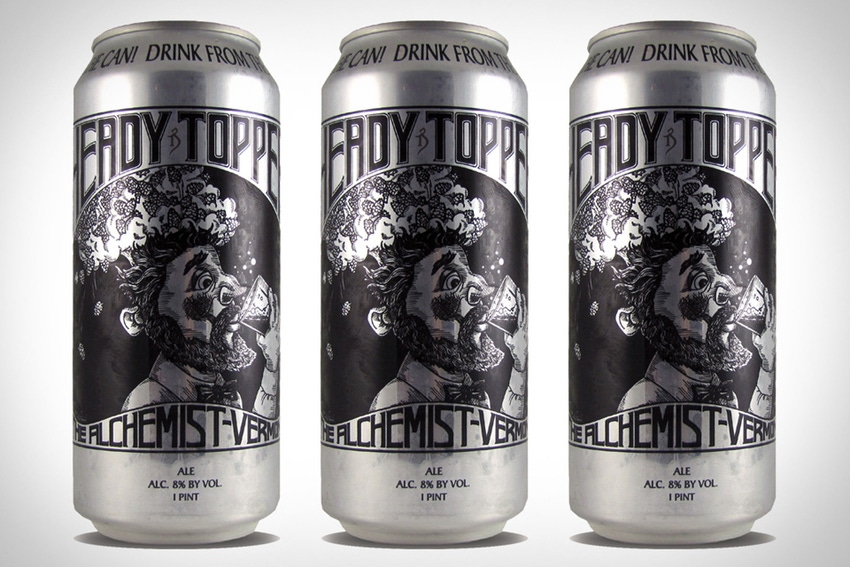February 2, 2018

According to www.beeradvocate.com, The Alchemist Brewery in Vermont has 3 of the top 250 beers in the world. Currently, Heady Topper sits at the number 2 spot. At one time, there was a dedicated website and Twitter account; making it easier for people to find Heady Topper, the rare beer from Waterbury, Vermont. In fact, the website Heady Spotter sprouted after the brewery was forced to stop on-premise sales because crowds were blocking roadways to the brewery. The website’s stated goal was “democratizing the hunt for the most elusive beer in the world.” The website listed delivery routes for each day of the week. It was reported that one family flew their private jet from South Africa just for some Heady Topper beers. I understand now, why Vermonters take their water quality issues so seriously. It’s all about the beer.
Good beer starts with clean water
Vermont’s agriculture is under the “water quality” microscope. Agriculture needs to implement reductions in nutrient loading as outlined in TMDLs for Lake Champlain, Lake Memphremagog, and Long Island Sound. There's almost no part of the state that's not covered by a TMDL.
The Clean Water Act, passed in 2015 by the Vermont Legislature, provides funding to make water quality improvements on farms, while also requiring management practices to reduce agricultural runoff. The bill tasked the Agency of Agriculture to revise the Required Agricultural Practices (RAPs), which require farms of all sizes to maintain perennial vegetated buffers adjacent to surface waters and ditches in annually cropped fields. In addition, all field-borne gully erosion will have to be addressed with grassed waterways, strip and contour cropping, filter strips, or other agronomic practices. Both of these regulatory changes require an increase in filter strips, grassed waterways and other conservation practice implementation on all farms in Vermont. The Vermont Seeding and Filter Strip Program (6 V.S.A. § 4900) established the financial assistance to incentivize and compensate farmers for establishing and maintaining harvestable perennial vegetated grassed waterways and filter strips on cropland where it is perpendicular and adjacent to surface waters.
Agren® protects the quality of beer
Recently, the State of Vermont has licensed Agren’s software platform to design grassed waterways and variable width buffers. “The Agency provides engineering consultation and technical assistance for grassed waterway and filter strip installations as quickly as possible with our current staff and resources” says Nina Gage, Vermont Agency of Agriculture Food and Markets. “Having Agren® WaterwayBuilder enables us to fast track projects that otherwise would have to go through the same planning process as a new manure pit or barnyard. Having this technology in- house enables our engineers to use their time more effectively, while providing consistency in design standards. Also we are able to empower our partners in the field, Conservation Districts, local Farmer Watershed Groups, and Extension Agents, to have the tools to get conservation on the ground.”
Gage says, “Grassed waterways are a widely accepted conservation practice throughout the Midwest, so Vermont has got to get on board with the rest of the nation (even if our fields are smaller).”
Personal Note:
Thanks to John Waterman, my coworker living in Vermont. When Peggy and I were visiting Vermont two years ago, John sent one precious can of Heady Topper beer home with us. A great act of kindness.
About the Author(s)
You May Also Like






